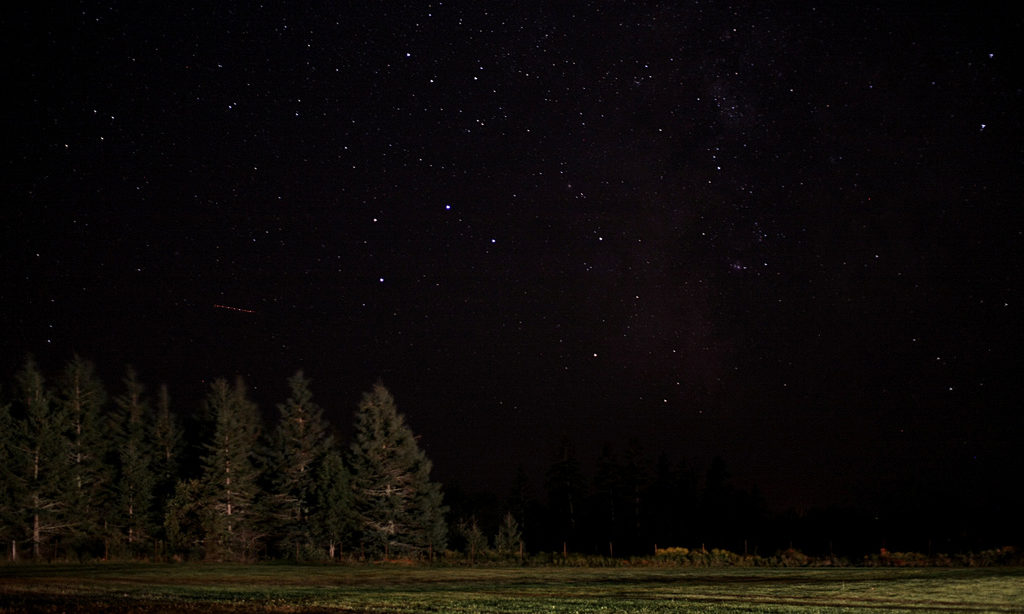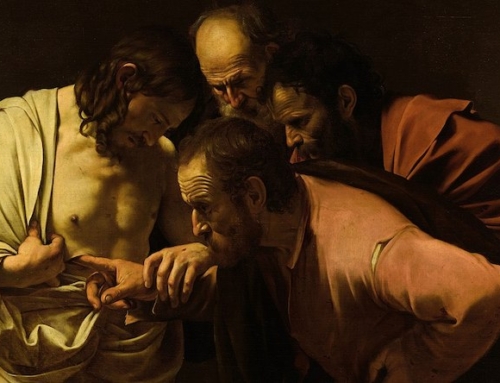On a recent Sunday evening, another brother and I walked up to a snow-covered golf course at the edge of the grounds at Dartmouth College in Hanover, New Hampshire. Up for the week visiting our campus ministry there, we had driven out to the course at the suggestion of the chaplain, who promised us a spectacular view of the night’s sky.
We were not disappointed! Looking up to the heavens on that clear night, we were treated to a panoramic display of the immensity and grandeur of our cosmos, a star-studded exhibition usually hidden from our sight at home due to the light pollution that emanates from the nation’s capital. It was truly an awe-filled experience. Even amidst the vast darkness of night—when the insignificance of man is made manifest and his own mortality is most palpable—the stars that dot the sky are like beacons of hope, faithful assurances that the unseen dawn will soon break forth again.
During Lent, we can often feel as though the darkness of existence will never give way again to the splendor of light. In this season, it is common to feel more profoundly the consequences of our own feeble (and often failing) wills. We are tossed into something like a pitch-black night. Like St. Paul, we cannot do the good we want and avoid the bad we do not want (Romans 7:19). Yet, we hold out hope for the dawn of a new, better day—the Easter day—not because we will instantly be capable of achieving good on our own, but rather because God has promised to do so himself for us and for the whole world.
The starry scene I experienced—the light perforating the darkness—has a Lenten analogue. The fourth Sunday of Lent, commonly called “Laetare Sunday,” pierces through the penitential character of Lent. This Sunday, the priest and deacon may wear rose vestments at Mass, a color that combines violet, signifying penance for sin, with the luminous white of the Resurrection. Against the backdrop of sin’s darkness, light shines forth.
The Lord will give us an assurance through St. Paul in the second reading at Mass this Sunday: “You were once darkness, but now you are light in the Lord” (Ephesians 5:8). During the night of the Lenten season, we do well to recall that we are not left alone in our darkness. Rather, we are under the light of the Lord, and it is by that light that we become like lights in the world for each other (cf. Philippians 2:15).
✠
Image: Martin Cathrae, Starry Night (CC BY-SA 2.0).







